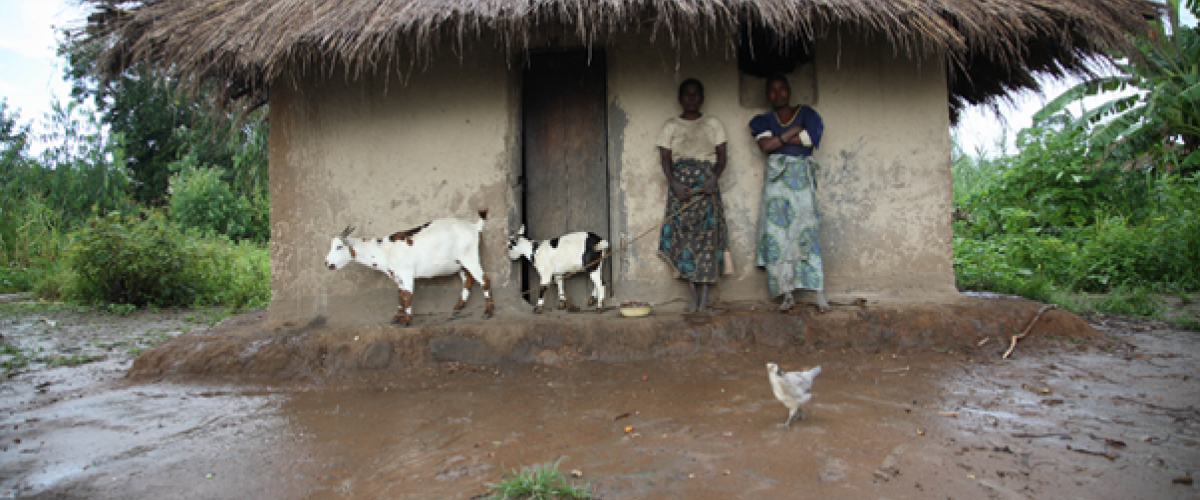
In Malawi, the One Health approach has long been challenged by the siloed nature of its implementation. Professionals working towards the common goal of ensuring the health and well-being of humans, livestock, and the environment often find themselves isolated from one another, hindering the holistic vision of One Health. Moreover, essential disciplines such as forestry, agronomy and education have often been left out of this critical initiative. Recognizing the need to break down these silos and promote a more inclusive One Health approach, the EU-funded project Capacitating One Health in Eastern and Southern Africa (COHESA) aims to fill gaps in education and governance. Through its lead focal point in Malawi, COHESA has launched an innovative collaboration known as the University Triad, which aims to unite three prominent universities—each specializing in areas crucial to the One Health approach—to foster knowledge, skills and teamwork that will prove instrumental in advancing One Health efforts in Malawi.
The University Triad consists of three esteemed institutions: the Malawi University of Science and Technology (MUST), the Kamuzu University of Health Sciences (KUHES), and the Lilongwe University of Agriculture and Natural Resources (LUANAR). Each university plays a unique and vital role in the overall mission of promoting One Health in the country.
MUST is recognized as an academic centre of excellence for ecological studies and disaster preparedness. Its focus on understanding ecosystems and preparing for natural disasters is instrumental in the One Health approach, ensuring that the environment and the communities that rely on it are safeguarded.
KUHES serves as an academic centre of excellence for human health, outbreak investigation and disease prevention. Its expertise in human health plays a critical role in protecting communities from diseases, a fundamental aspect of the One Health approach. After visiting the University of Pretoria's veterinary, environment, and human health departments, Dan Namarika from Kamuzu University of Health Sciences (KUHES) explained that ‘it is imperative that we too should collaborate in our higher education teaching methodologies to embrace One Health in comprehensive curriculum development among the three participating universities in Malawi to entrench One Health among our future workforce. It is critical that we get this done right away while COHESA is still supporting us.’
LUANAR excels in nature conservation, veterinary science, agricultural production, and food security. These disciplines are essential for safeguarding both animal and human health, as well as ensuring food security for the entire population.
The University Triad's shared vision is to create a world that is a better place for all living beings – humans, animals, plants, and their interconnected ecosystems. To achieve this, the Triad is working on several key initiatives. One of the primary goals is to introduce One Health learning materials at all levels of education within the universities, from undergraduate to postgraduate studies. Integrating these principles into the curriculum aims to foster a deep understanding of the One Health approach among students, nurturing the next generation of professionals who will drive its implementation. Triad has organised joint scientific symposiums to disseminate new information developed through research activities and has encouraged students to form One Health clubs to facilitate sensitization at the school level, as well as in the community surrounding the universities. The Triad is a genuine collaboration with the Ministry of Education, Science, and Technology towards advocating for the One Health approach.
The Triad also envisions students from these institutions conducting field investigations together. This collaborative approach will help students build practical knowledge and skills in One Health, emphasizing the values of tolerance, acceptability, and inclusiveness. These qualities are essential for working together across disciplines to achieve the One Health approach's goals. At the One Health strategic planning workshop, Julius Chulu, director of veterinary services at the Department of Animal Health and Livestock Development, stated that ‘more than ever before, we need guidance, and we need to join together from the various disciplines and sectors to work as a team in order to battle the threats that we face at this time. We need to develop a strategy plan and policy guide to help us collaborate in a coordinated manner.’
Additionally, the University Triad will provide a platform for joint research activities, fostering the sharing of ongoing data and scientific findings. This collective effort will enable science-based decisions in the management of outbreaks, pandemics and disasters. The belief is that the skills, knowledge, and teamwork developed through this collaborative research will be pivotal to the success of the One Health approach in Malawi.
The One Health University Triad in Malawi represents a promising step towards breaking down silos and fostering inclusiveness in the implementation of the One Health approach. By uniting three universities with distinct areas of expertise, the Triad aims to equip students with the knowledge and skills necessary to address complex health and environmental challenges collaboratively. As these students become professionals and continue their work, the Triad's efforts are expected to significantly contribute to the success of the One Health approach in Malawi.